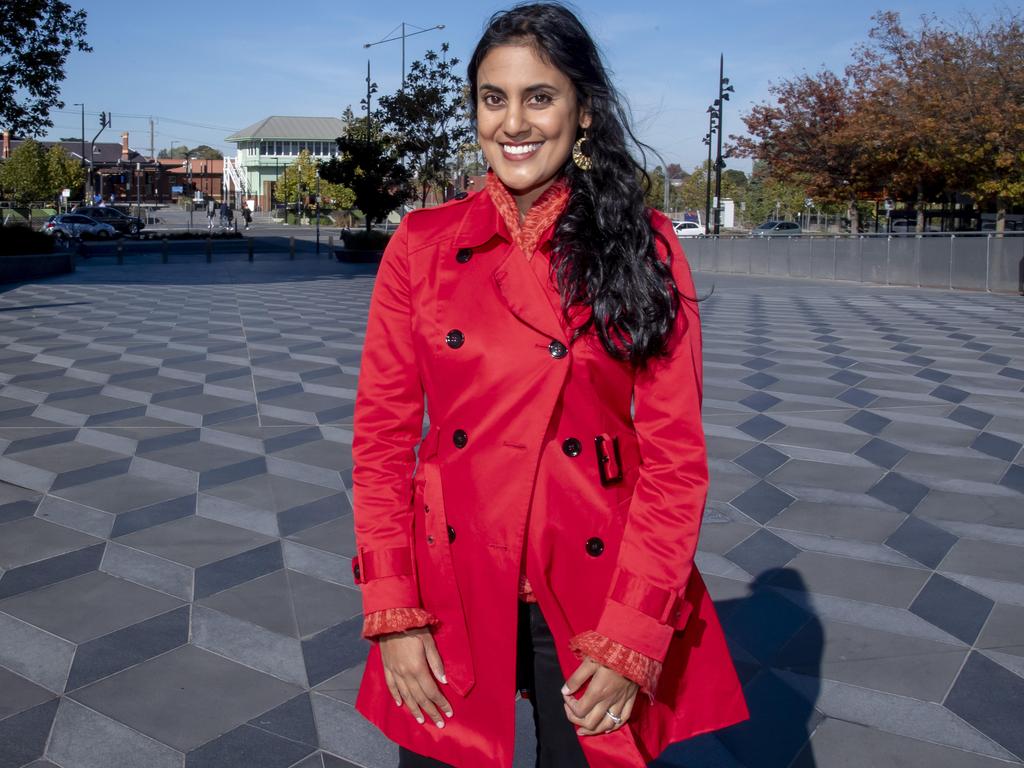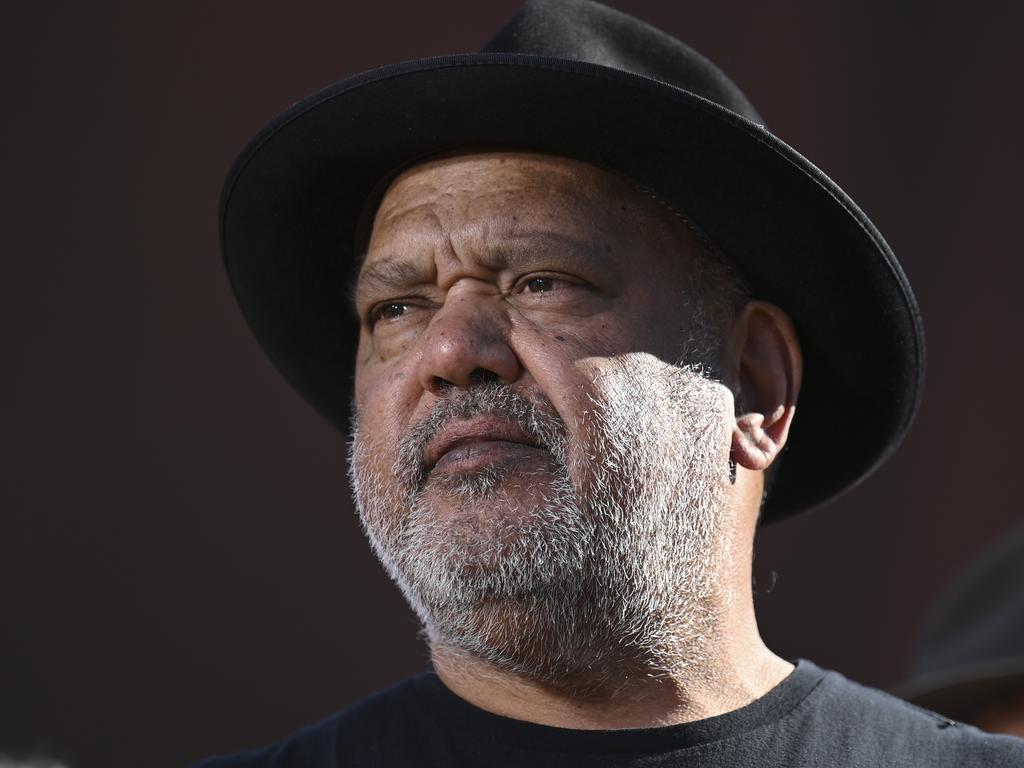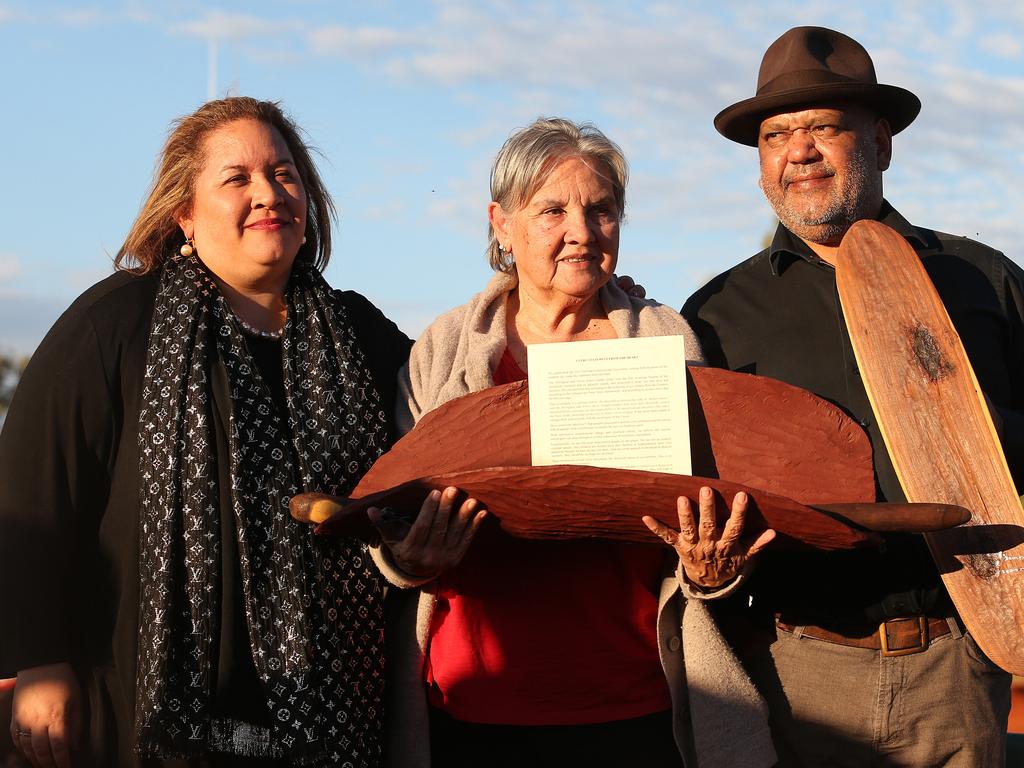Indigenous voice to parliament: Status quo the least worst result if No prevails


For many voters, this referendum is an “if it’s not broke, don’t fix it” moment; “nothing to see here, move right along”. Unconvinced – and in some cases alarmed – by the voice, many see a No vote as a vote against risk and in favour of stability.
Some believe too that in the near future there will be bipartisan support for constitutional recognition and perhaps even a legislated voice. Among many Yes supporters, facing a likely defeat, there is comfort in believing the Albanese government will do or say something on Sunday that heals the rifts and shifts Australians into a new space.
But none of this is certain. What seems clearer – after a polarised campaign where comments about race that had not been heard in this country for decades went mainstream – is that we are set for a shift in the public conversation about Indigenous Australia.
Some of that discussion will be positive: it may well be time for a better accounting of monies spent, for example.

But will a defeat of the referendum be an invitation to forget the history that we are only just discovering; will it be permission to ignore the special culture that is part of our shared past? How long before organisations feel free to drop welcome to country? How long before such acknowledgments are labelled separatist – rather than unifying – gestures?
Separatism. Now there’s a word we hadn’t heard in Australia much before senator Jacinta Nampijinpa Price began using it to describe current Indigenous policy.
My generation grew up in a separated world – the 1950s and ’60s when Aborigines (which is what we called First Nations people back then) – were indeed “the other”.
As kids we rode the bus to the city past the Sister Kate’s children’s home. We knew it was a school for “half castes”, a kind of orphanage, a good place run by good people. Years later we realised that the Perth institution was part of the Stolen Generations’ story. Also years later, the historical research and documentation emerging in our universities moved into our schools and communities and fundamentally shifted social attitudes.
It was a world where words like “assimilation” and “half caste” and “breeding out” were used without shame. No shame back then in believing the best outcome for Aborigines would be for them to “die out”. History began in 1788.
It was only in 1968 that anthropologist WEH Stanner used his Boyer lectures to nail the Great Australian Silence and describe a nation that had forgotten the past. We look back at Stanner’s words as pivotal yet it took decades for that awareness to become mainstream.
When Bob French, the former chief justice, addressed the National Press Club recently, he recalled attitudes prevalent even 30 years ago. In the ’90s, French was chairman of the National Native Title Tribunal and spent time talking to miners and pastoralists about land rights.
French told the NPC: “One (pastoralist in South Australia) said to me, ‘If one of the local Aboriginal people rings me up and says, can I go down and catch a fish in the creek, or shoot a kangaroo on the property, I say, alright, and he says, thanks boss.’ I said: ‘Maybe they’re tired of calling you boss.’ ”
Indigenous Australians were indeed tired of calling us boss.
Things had to change, and they did as Australians began to appreciate not just Indigenous art and theatre and dance but also the deep spiritual connection to land, and most of all the long, rich cultural and social history of our country.
Complex questions dogged us. Why were remote settlements such a mess? Where had all the money gone? What should we make of the infighting in Indigenous communities? Why should we have to sit through a welcome to country harangue?
Arguments about Aboriginal rights and reconciliation and recognition surged but were often overshadowed by the abuse of children, the violence towards women, the lack of housing and jobs, the apparent hopelessness of the 3 per cent of Indigenous Australians.
But beyond this, there grew a “vibe” about our relationship with First Nations people, a sense they were a link to something unique at the centre of our history. It didn’t overwhelm our settler and migrant narratives but it was to be celebrated – not just individually but as a community, as a nation.
So when Penny Wong introduced a victorious Anthony Albanese on election night in May last year and announced the new government would “take that step forward to fulfilling the Uluru Statement from the Heart”, it was a thrilling moment for many Australians.
There was a sense that it was time to close the emotional and cultural gap, to fully embrace all of our known past. Most of all, that night, it was about what non-Indigenous Australians could gain from constitutional recognition, that the voice was about the 97 per cent even more than it was about the 3 per cent.
Now, after a rough and raw reckoning, it seems likely the voice will be defeated.
If so, a return to the status quo might well be the least worst outcome, given the potential for a No vote to turn back the clock on the place of Indigenous Australia in our history and psyche.







A No vote on Saturday is seen by many as a vote for the status quo, but will it turn out to be an invitation for Australians to forget the past, the deep past that goes back 65,000 years?